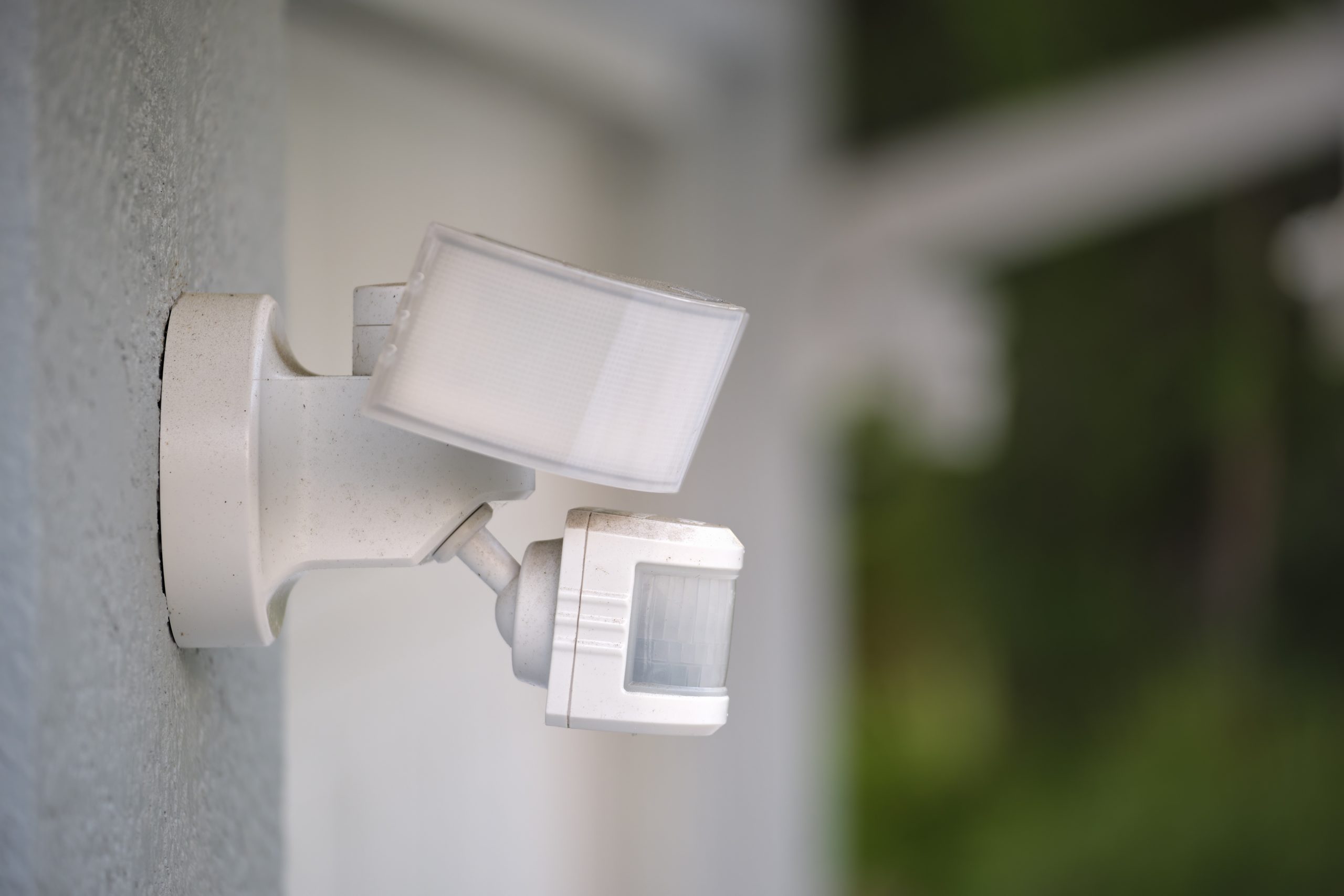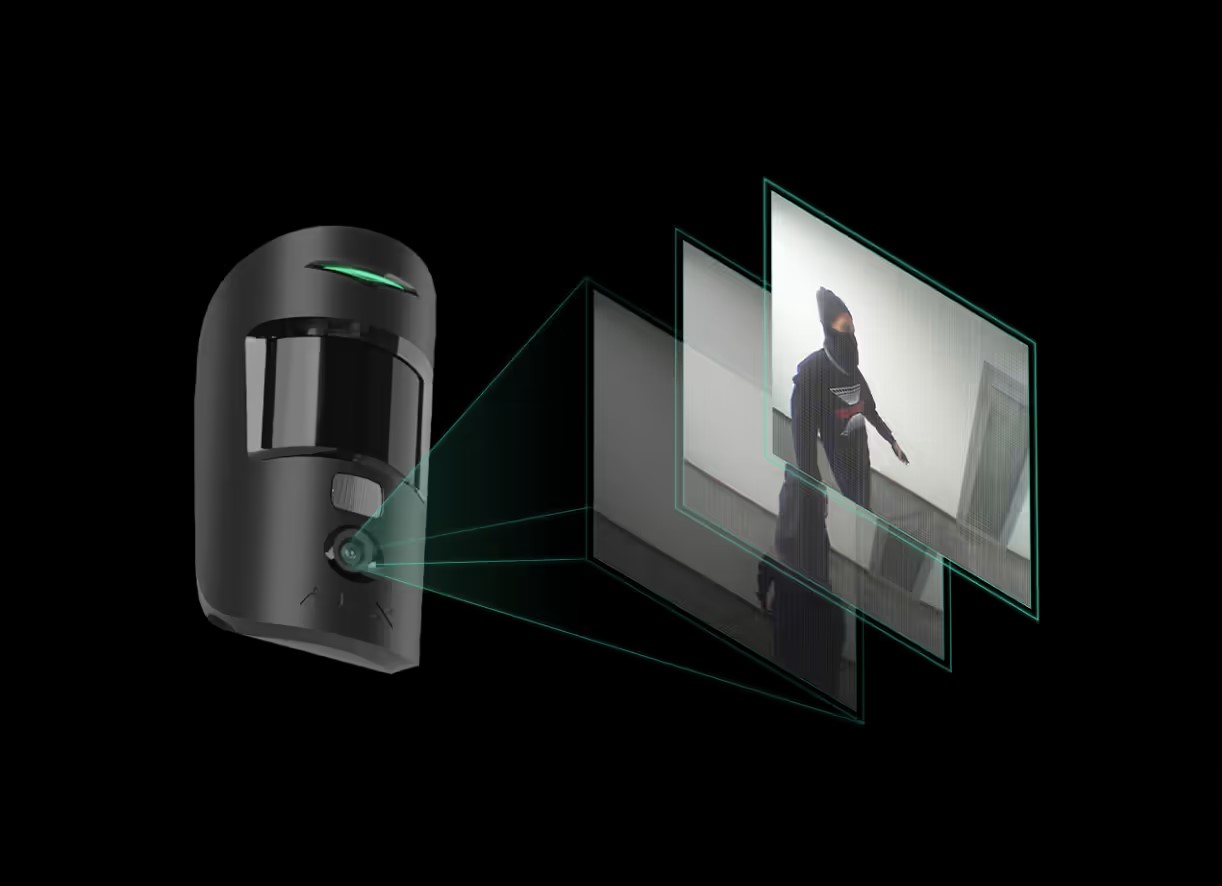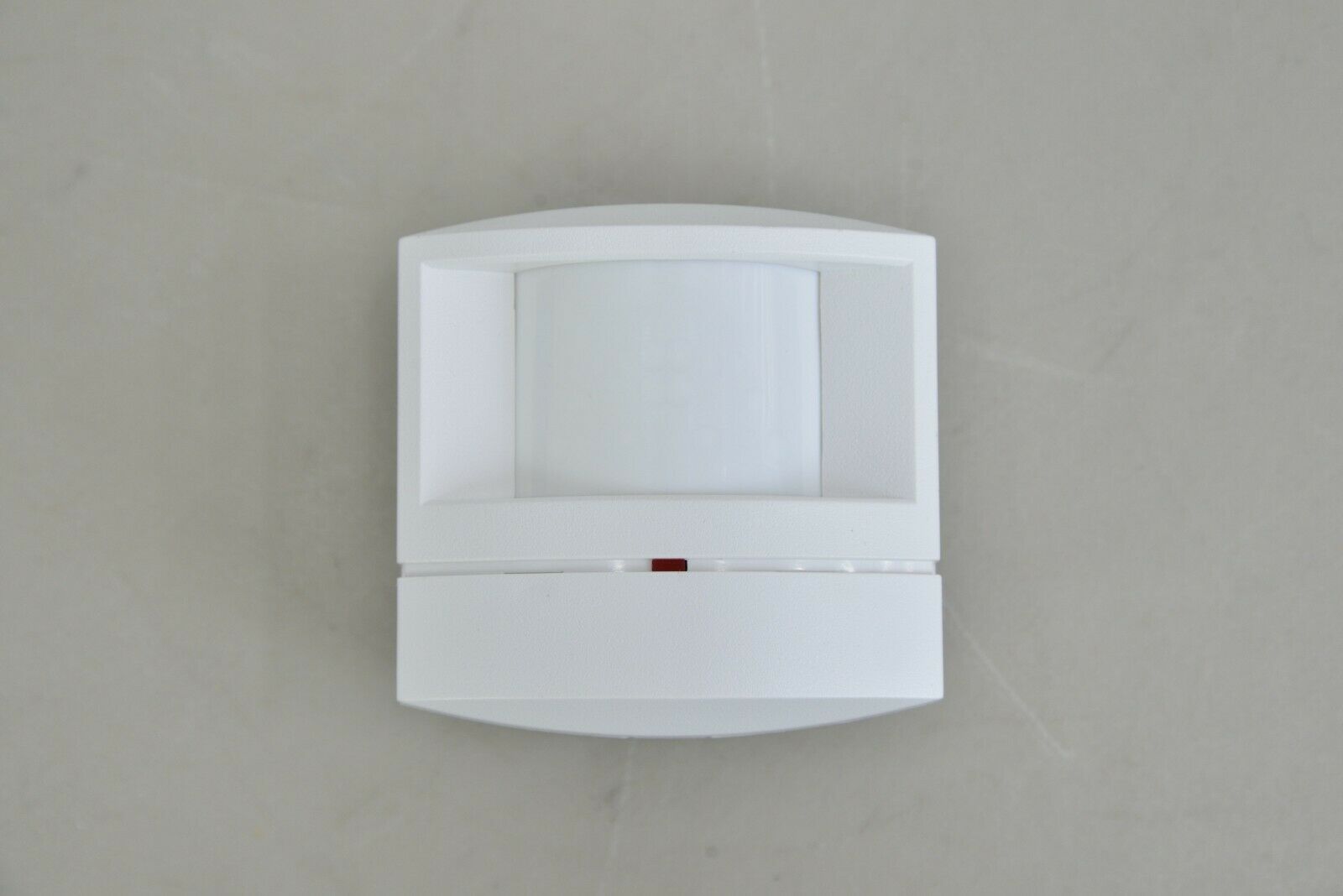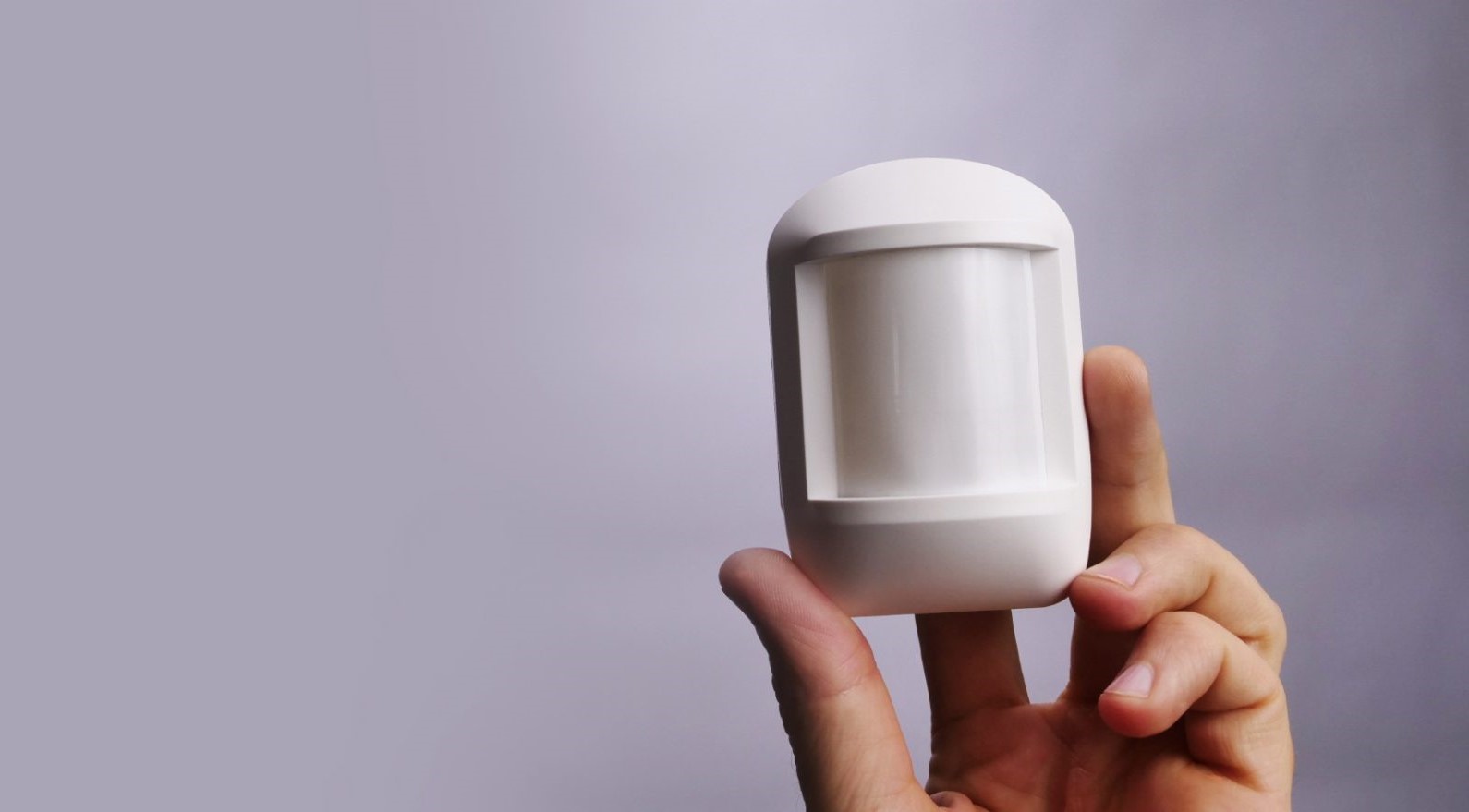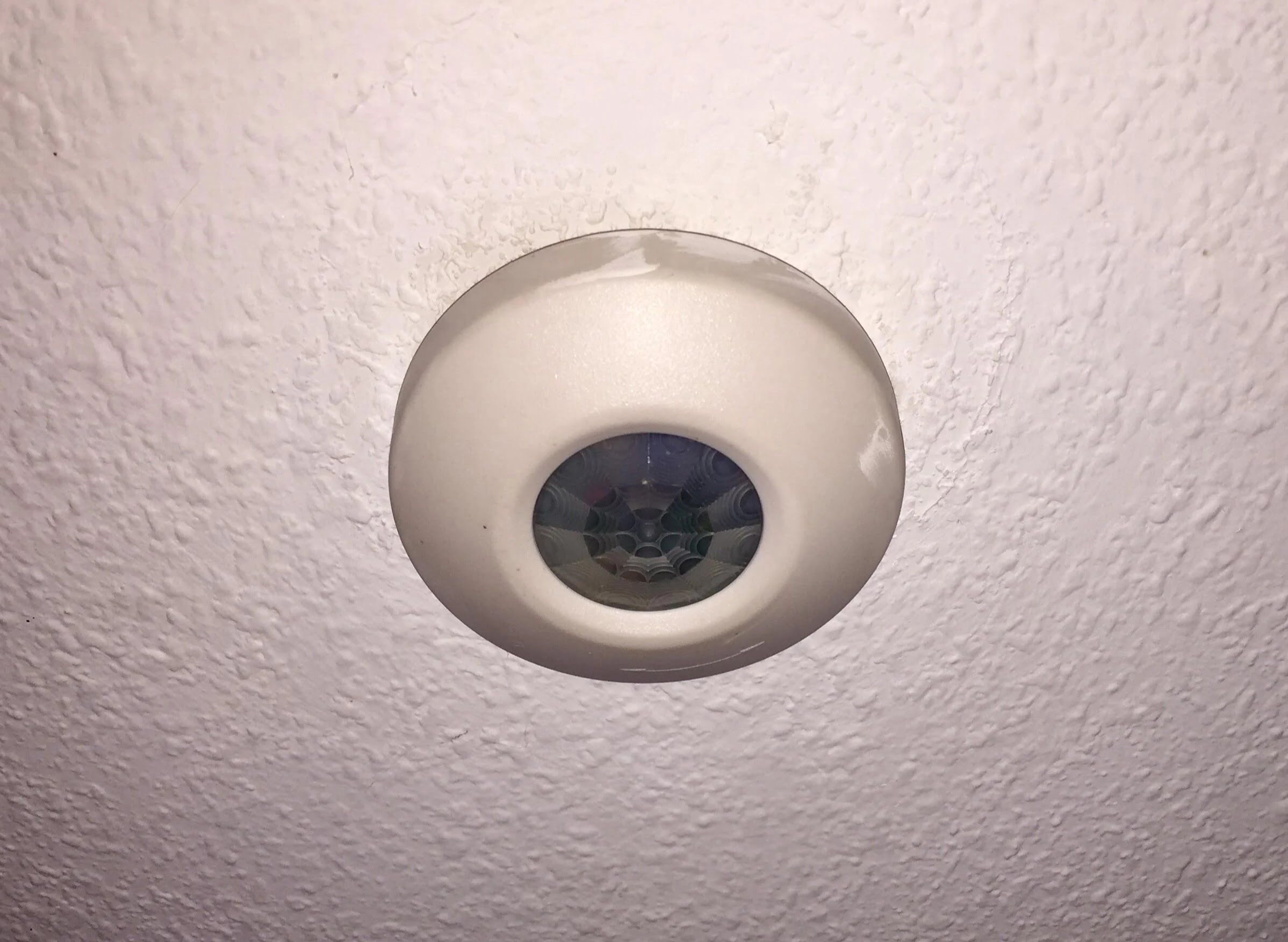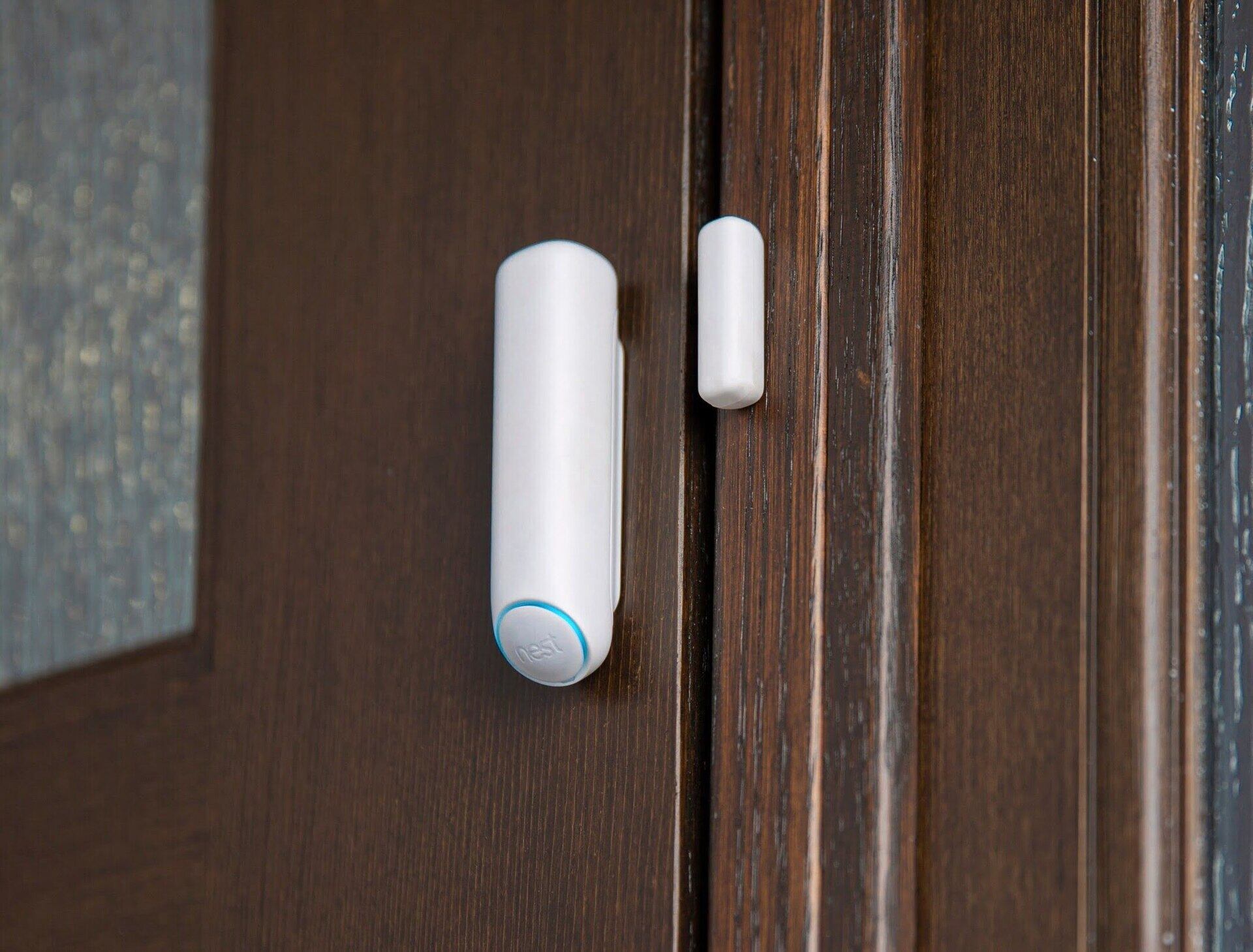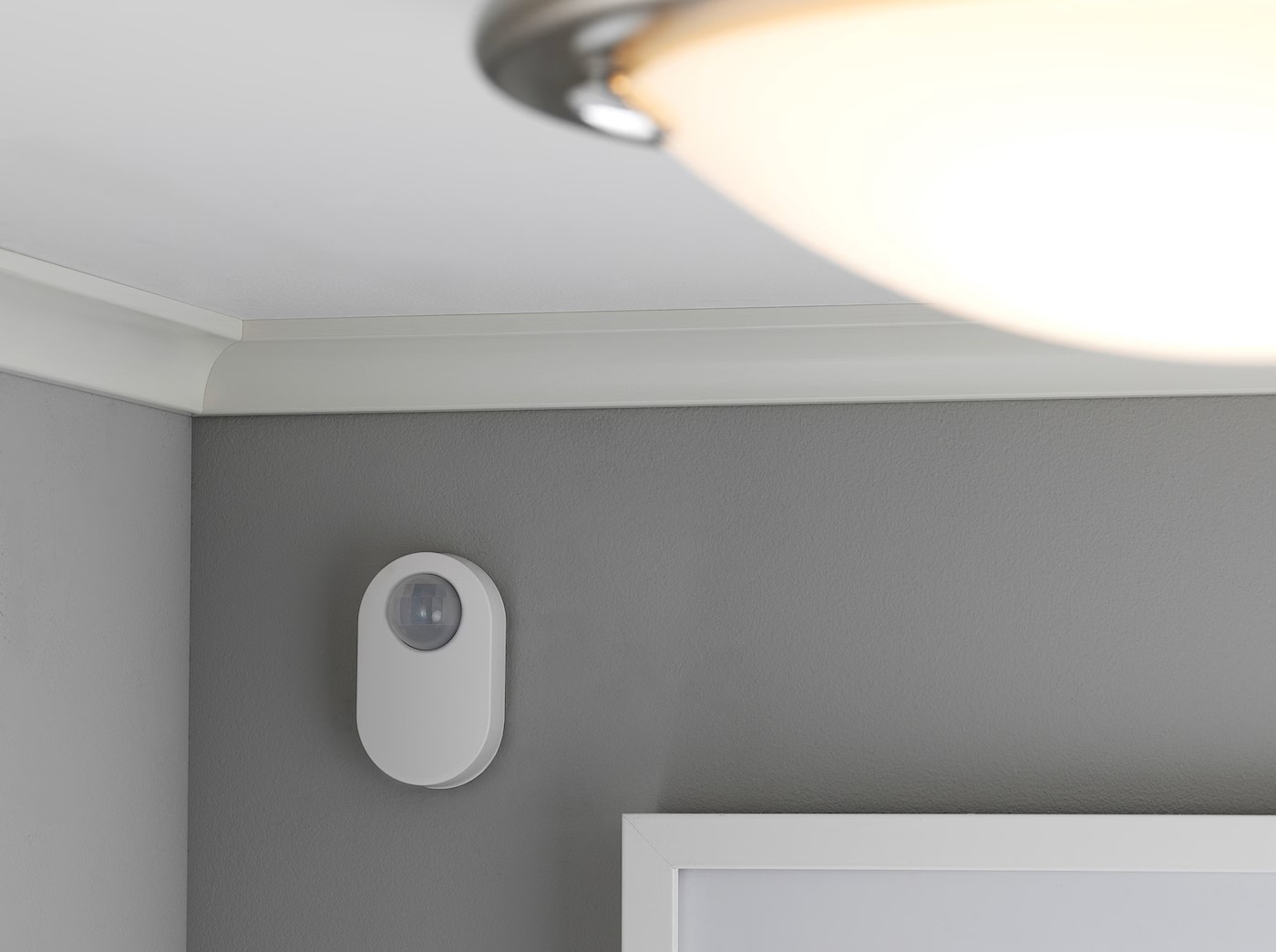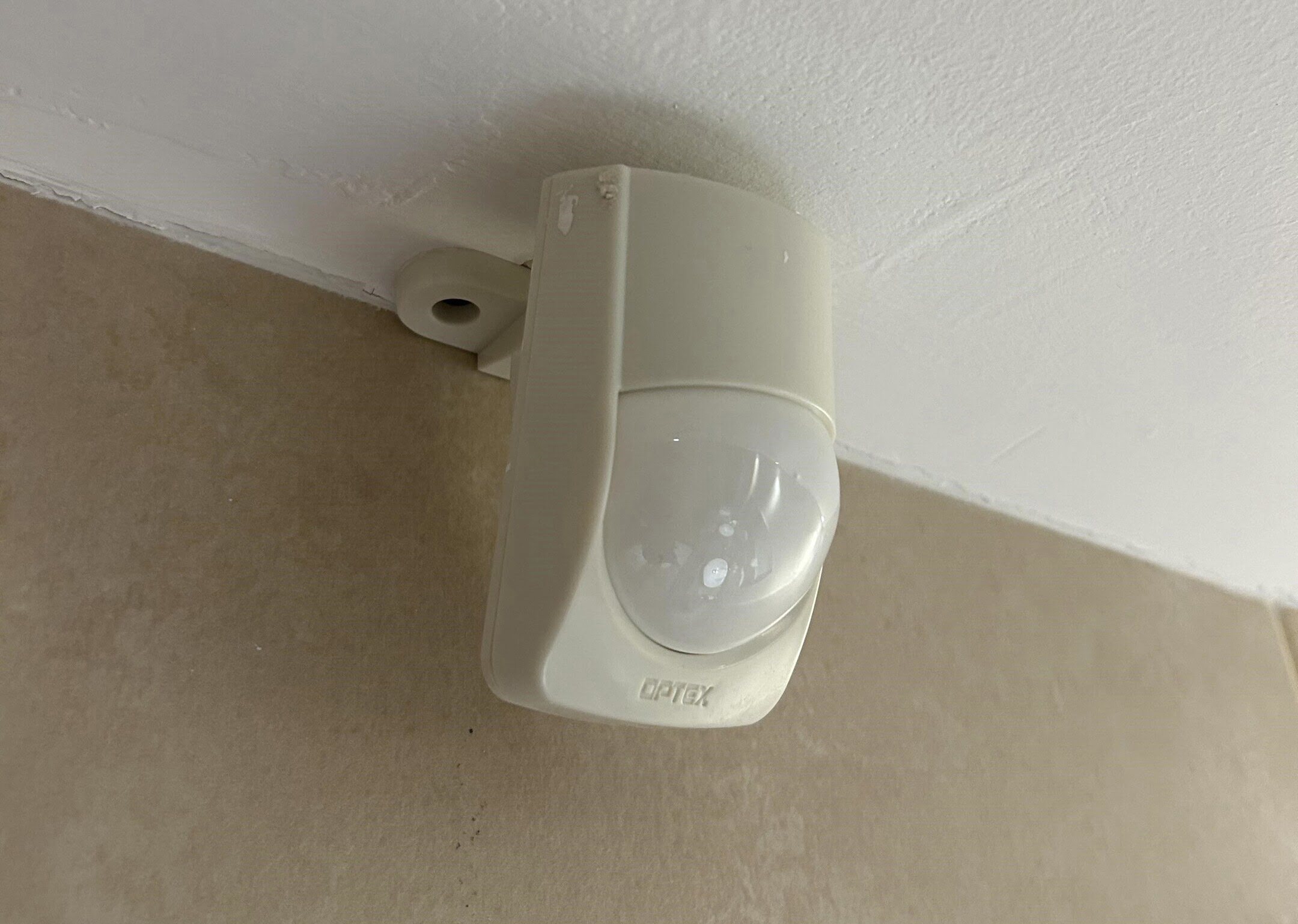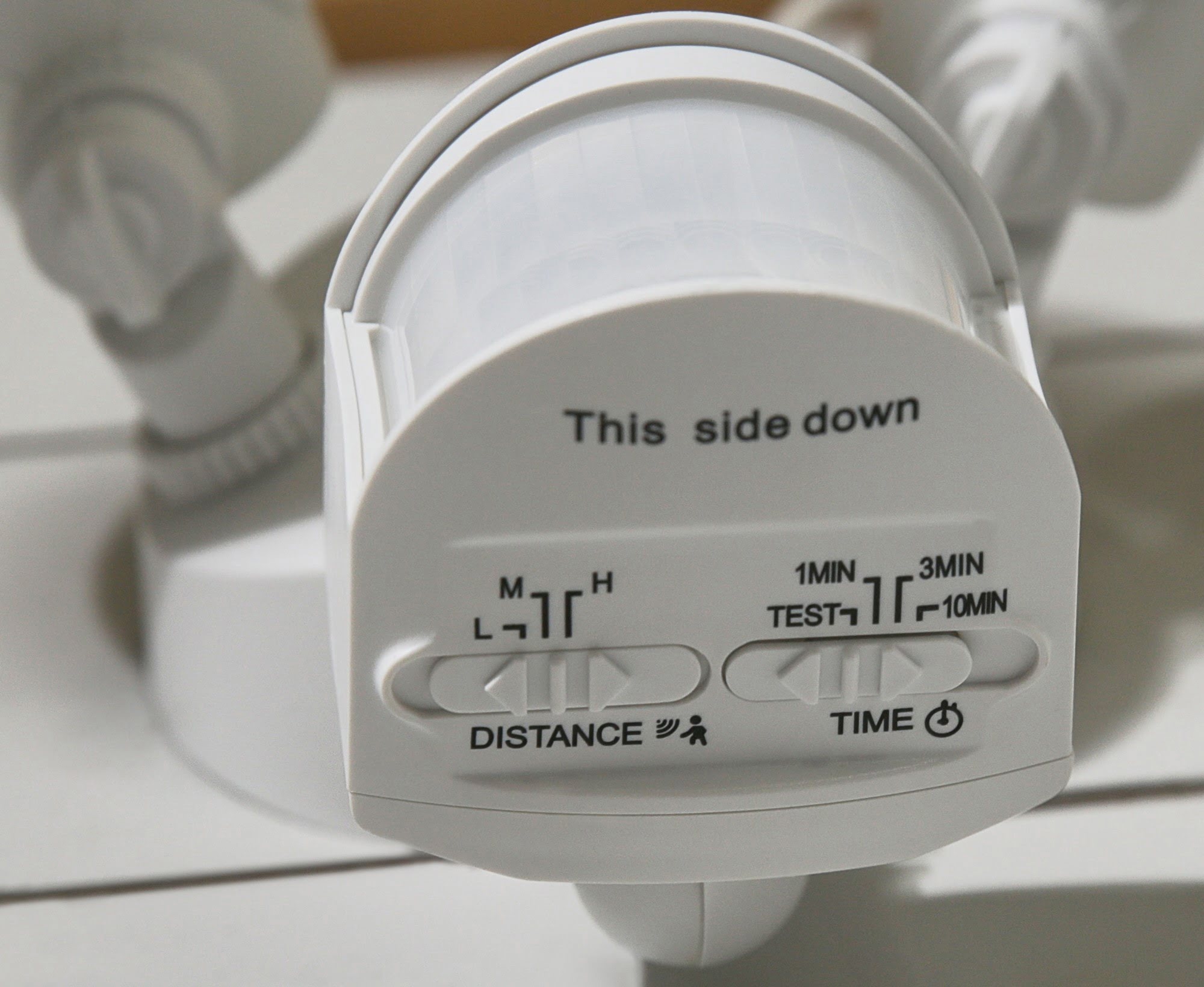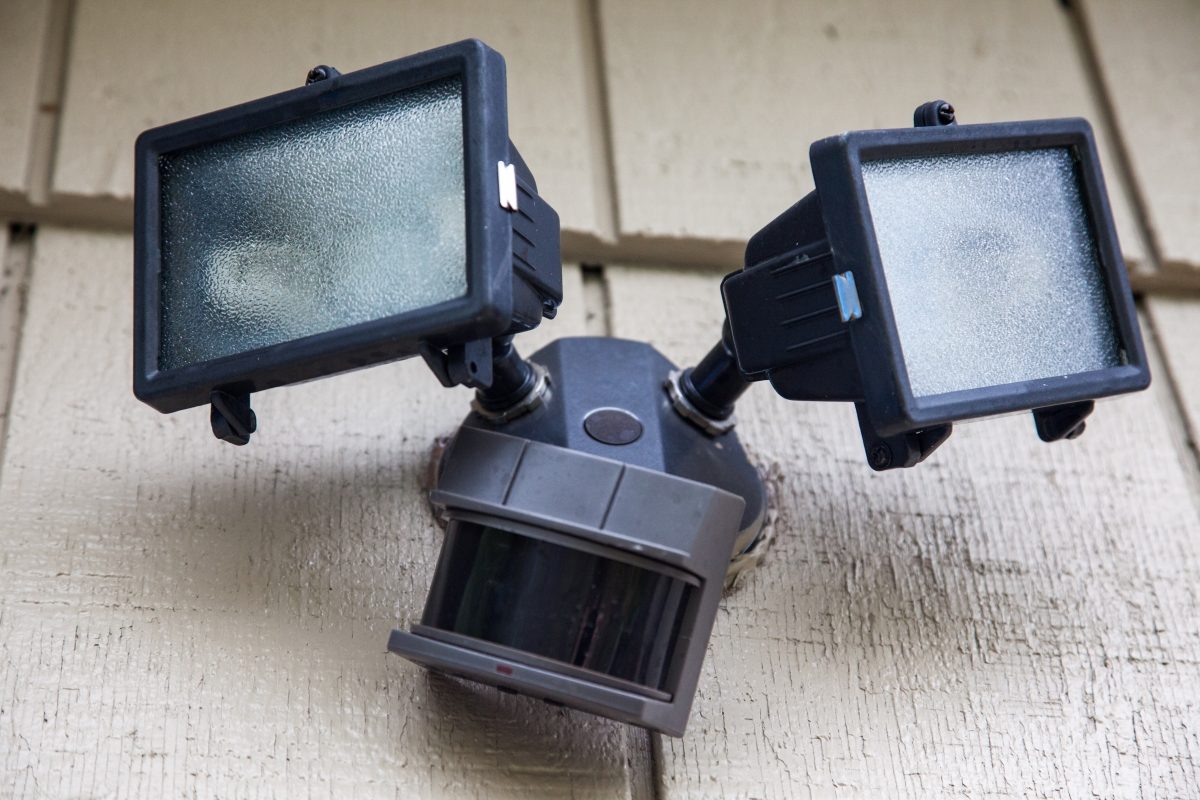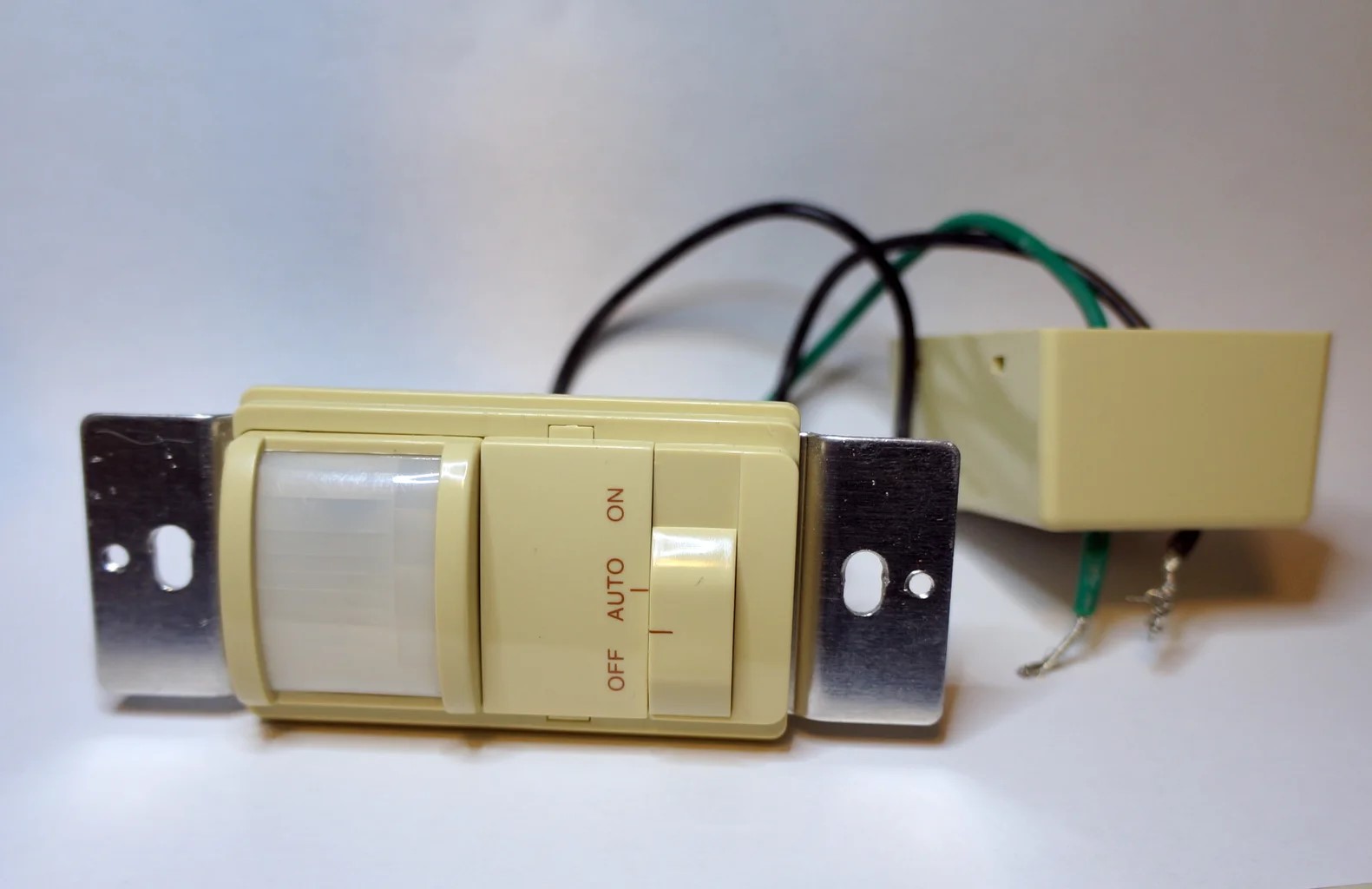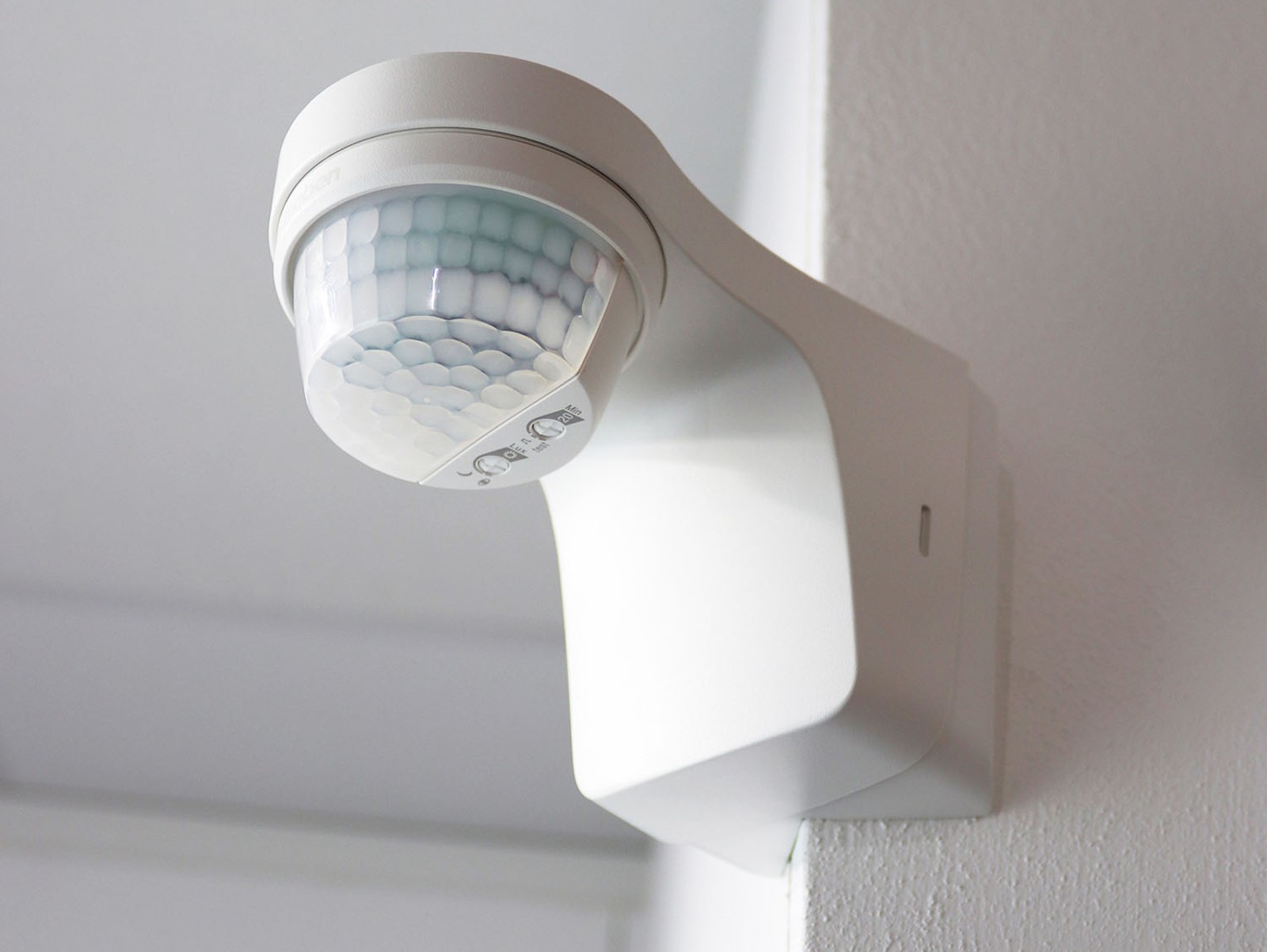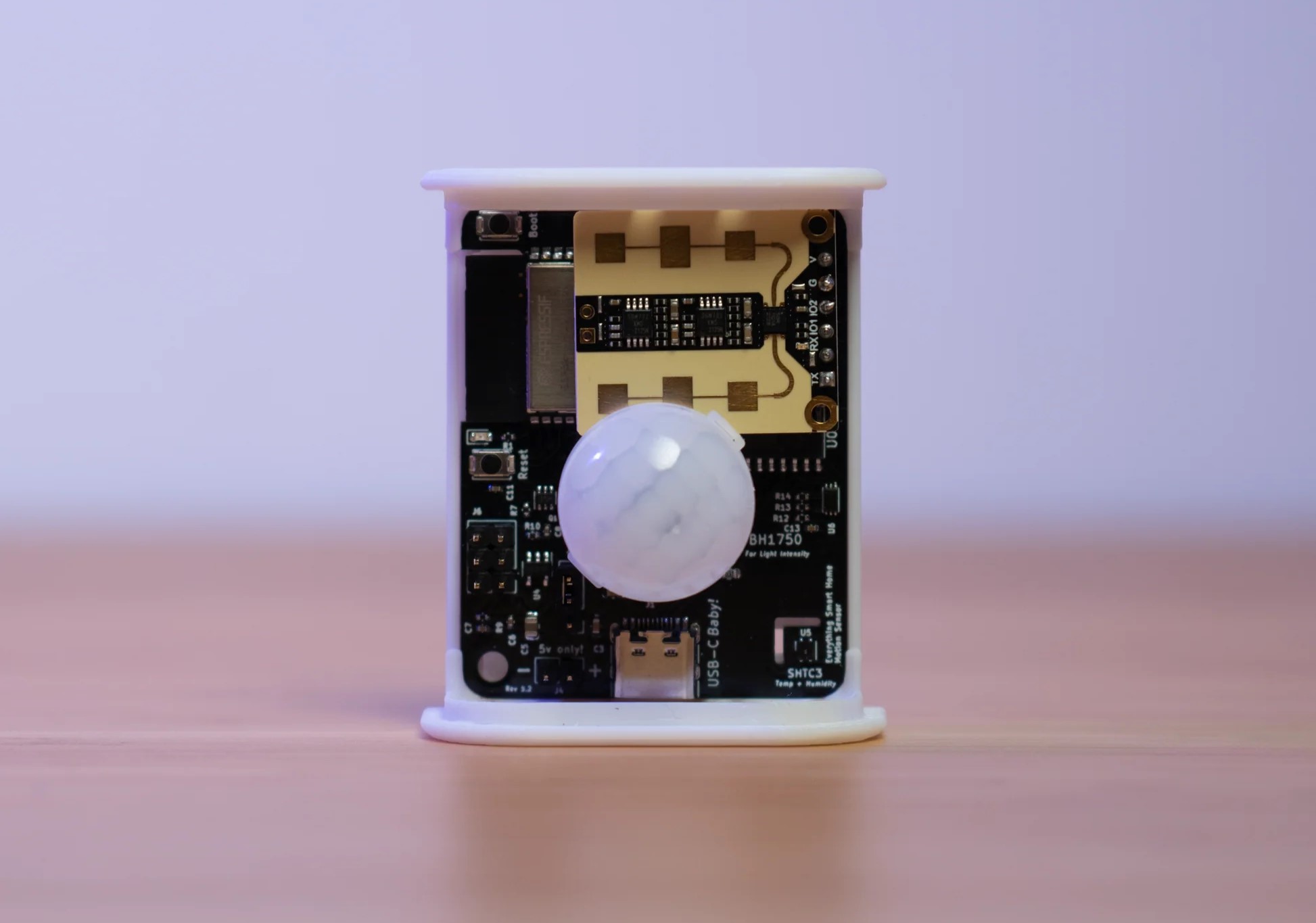Home>Home Security and Surveillance>What Is A Driveway Motion Detector
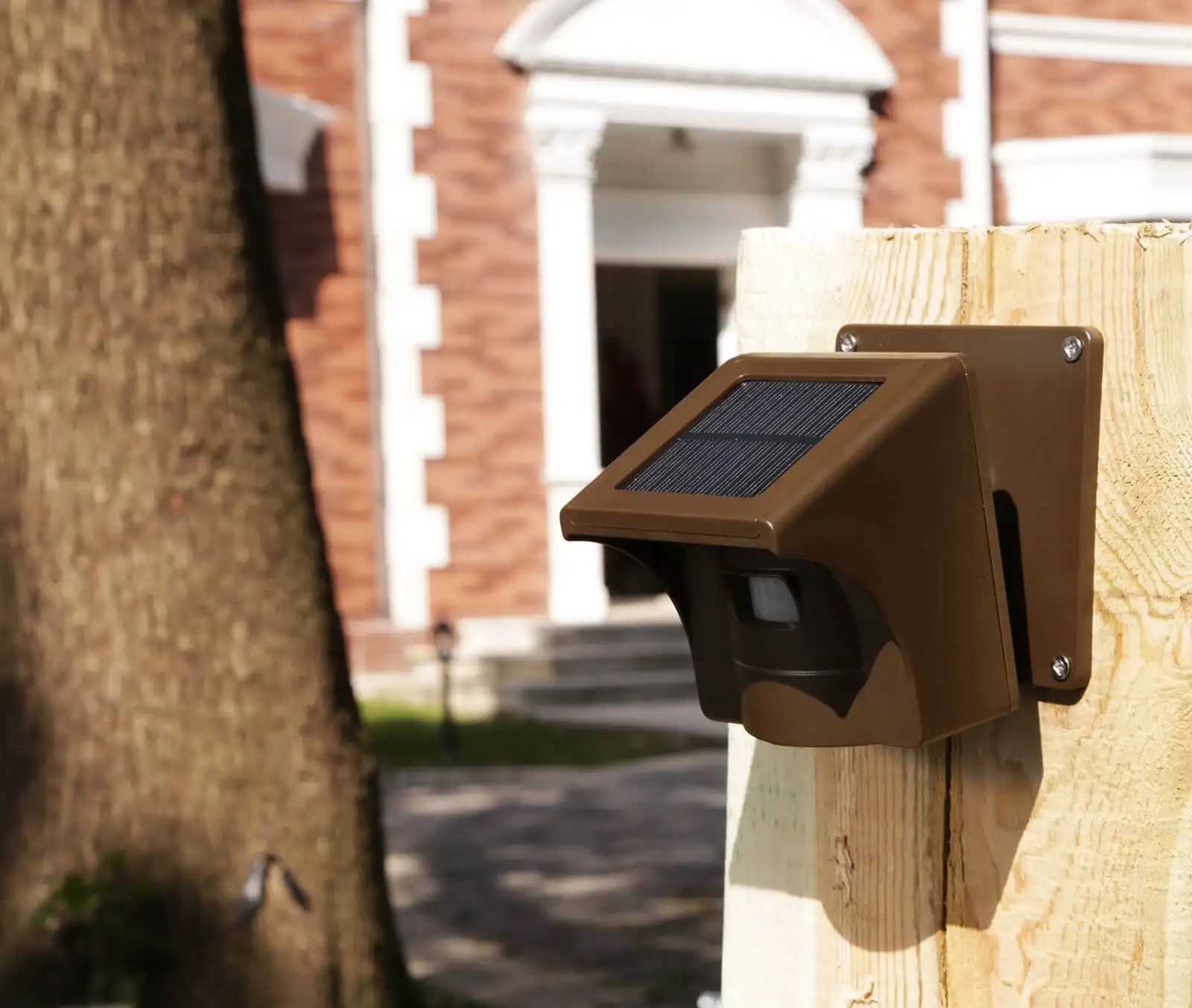

Home Security and Surveillance
What Is A Driveway Motion Detector
Modified: March 6, 2024
Discover the benefits of a driveway motion detector for home security and surveillance. Enhance your property's safety with this reliable and effective device.
(Many of the links in this article redirect to a specific reviewed product. Your purchase of these products through affiliate links helps to generate commission for Storables.com, at no extra cost. Learn more)
Introduction
Welcome to the world of home security and surveillance, where your safety and peace of mind are of utmost importance. One crucial component of a comprehensive security system is a driveway motion detector. In this article, we will dive into the details of what a driveway motion detector is, how it works, and why it is beneficial in keeping your property secure.
A driveway motion detector is a device that is designed to detect movement within a specific range in your driveway or surrounding areas. It serves as an early warning system, alerting you to any potential intruders or suspicious activity near your property. These detectors are commonly used in residential settings but can also be found in commercial and industrial environments to enhance security measures.
Driveway motion detectors work by utilizing various technologies to detect any movement within their range. Whether it is the approach of a vehicle, a person walking, or even an animal, these detectors are sensitive enough to detect these movements and trigger an alarm or notification. With advancements in technology, these devices have become more sophisticated and versatile, providing homeowners with increased control and peace of mind.
The benefits of using driveway motion detectors are immense. Firstly, they act as a deterrent, making potential intruders think twice before attempting to access your property. The mere presence of a visible motion detector is often enough to discourage criminal activity. Secondly, these detectors provide an early warning system, notifying you when someone or something enters your property. This allows you to take appropriate action and potentially prevent a break-in or other security breach.
Another advantage of using driveway motion detectors is the convenience they offer. With wireless technology, these detectors can be easily integrated into your existing security system, allowing you to monitor and control the system remotely. This means you can receive alerts and notifications on your smartphone or other mobile devices, giving you real-time updates on any activity in and around your driveway, no matter where you are.
When it comes to choosing a driveway motion detector, there are various factors to consider. The range and sensitivity of the detector, the type of detection technology used, and the level of customization and integration options are all important factors to evaluate. Additionally, installation and placement of the detector play a crucial role in its effectiveness. Regular maintenance and troubleshooting can also ensure that your driveway motion detector functions optimally.
In the following sections, we will explore these topics in more detail, ensuring that you have a comprehensive understanding of driveway motion detectors and how to make the most of this essential home security tool.
Key Takeaways:
- Driveway motion detectors are essential for home security, detecting and alerting you to any movement in and around your driveway, providing an early warning system to protect your property and loved ones.
- Choosing the right driveway motion detector involves considering factors such as range, sensitivity, detection technology, integration capabilities, power supply options, ease of installation, and budget to ensure optimal security for your specific needs.
Read more: What Is The Best Motion Detector
Definition of Driveway Motion Detector
A driveway motion detector is a device specifically designed to detect movement within a designated area in and around your driveway. It acts as an essential component of a home security system, providing an added layer of protection by alerting you to any activity detected near your property.
Driveway motion detectors utilize various technologies to detect movement, including passive infrared (PIR) sensors, microwave sensors, and even video analytics. These detectors are typically installed at an appropriate height overlooking the driveway entrance or key areas where activity is expected. They can be wired or wireless, depending on the specific model and your preference.
When a driveway motion detector senses movement within its range, it sends a signal to the central control panel or a connected device, such as a smartphone. This notification triggers an alarm or activates a surveillance camera to capture footage of the detected activity. Some advanced models may even have the capability to differentiate between humans, animals, and vehicles, reducing false alarms.
Driveway motion detectors come in various forms, including standalone units that can be easily mounted on a pole or wall, or as part of a more comprehensive security system. They can be connected to other security devices, such as cameras, outdoor lights, and sirens, to create a synchronized response to potential threats. This integration ensures a proactive approach to home security.
One important aspect of a driveway motion detector is its range. Different models have different sensing capabilities, ranging from a few meters to several hundred meters. It is crucial to choose a detector with a range suitable for your specific driveway size and layout to ensure optimal performance. Additionally, adjustable sensitivity settings allow you to customize the detector’s response to movement, preventing false alarms caused by harmless activity like wind-blown debris or small animals.
Overall, a driveway motion detector plays a vital role in enhancing the security of your property. By detecting and alerting you to any movement in your driveway, it provides valuable information about potential threats or suspicious activity. By investing in a reliable driveway motion detector, you can have peace of mind knowing that your property is protected and that you are taking proactive measures to safeguard your home and loved ones.
How Driveway Motion Detectors Work
Driveway motion detectors utilize different technologies to detect movement and trigger an appropriate response. Understanding how these devices work can help you make an informed decision when choosing the right one for your needs.
One common technology used in driveway motion detectors is the passive infrared (PIR) sensor. PIR sensors detect changes in infrared energy emitted by objects in their field of view. When an intruder or vehicle enters the detection range, the PIR sensor detects the change in heat patterns and triggers an alarm or notification.
Microwave sensors are another common technology employed in driveway motion detectors. These sensors emit microwave pulses and analyze the reflected signals. When an object moves within the detection area, it causes a disturbance in the microwave field, which the sensor detects, triggering an alarm or notification.
Some advanced driveway motion detectors utilize video analytics to detect movement. These detectors rely on cameras to capture video footage and employ sophisticated algorithms to analyze the video in real-time. The algorithms can detect the presence of objects, track their movement, and differentiate between humans, animals, and vehicles. If any suspicious activity is detected, an alarm or notification is generated.
When it comes to the detection range, driveway motion detectors vary in their capabilities. Some detectors have a narrow range suitable for detecting movement within a few meters, while others have a wider range that can cover hundreds of meters. It’s important to choose a detector with a range that aligns with the size and layout of your driveway to ensure optimal effectiveness.
In addition to the detection range, sensitivity settings play a crucial role in how driveway motion detectors function. The sensitivity settings allow you to adjust the detector’s response to movement. Higher sensitivity settings make the detector more responsive, but it may also increase the likelihood of false alarms triggered by factors such as wind-blown debris or small animals. Adjusting the sensitivity can help minimize false alarms while still ensuring that legitimate motion is detected.
Driveway motion detectors can be installed as standalone devices or integrated into a comprehensive home security system. Standalone detectors are easier to set up and require minimal wiring, making them a popular choice for homeowners. Integrated detectors, on the other hand, can be connected to other security devices such as cameras, outdoor lights, and sirens, creating a synchronized response to potential threats.
Overall, driveway motion detectors provide an added layer of security by detecting and alerting you to any movement within their range. By understanding the various technologies involved and considering factors such as range and sensitivity, you can select a driveway motion detector that best suits your specific security needs.
Benefits of Using Driveway Motion Detectors
Using driveway motion detectors as part of your home security system offers a range of benefits that enhance the safety and protection of your property. Let’s explore some of the key advantages of incorporating these detectors into your security setup.
1. Increased Security: One of the primary benefits of using driveway motion detectors is the enhanced security they provide. By detecting any movement in and around your driveway, these detectors act as an early warning system, alerting you to potential intruders or suspicious activity before they reach your home. This allows you to take appropriate action, whether it’s contacting law enforcement or activating alarms, to deter or prevent any security breaches.
2. Deterrence: The presence of driveway motion detectors alone can serve as a deterrent to potential criminals. Knowing that their activities will be detected and that an alarm or notification will be triggered can discourage intruders from attempting to enter your property. The visible presence of these detectors can give you and your family peace of mind, knowing that proactive measures are in place to protect your home.
3. Customizable Responses: Driveway motion detectors can be integrated into your security system to provide customizable responses. For example, when the detector detects movement, it can trigger outdoor lights to illuminate the area or activate security cameras to record any activity. This integration allows you to create a synchronized response to potential threats, further enhancing the security of your property.
4. Remote Monitoring: Many driveway motion detectors offer remote monitoring capabilities, allowing you to receive real-time notifications and alerts on your smartphone or other devices. This means you can stay informed about any activity in your driveway, no matter where you are. Remote monitoring provides you with an added layer of convenience and peace of mind, allowing you to take immediate action if necessary.
5. Reduced False Alarms: Modern driveway motion detectors are designed to minimize false alarms caused by innocuous movements, such as wind-blown debris or small animals. They are equipped with adjustable sensitivity settings that can be fine-tuned to ensure that only significant movement triggers an alarm or notification. This reduces the inconvenience of false alarms while ensuring that genuine threats are detected and addressed.
6. Flexibility: Driveway motion detectors come in various forms and models, giving you the flexibility to choose the one that best suits your specific needs. Whether you prefer a standalone unit or one that integrates with your existing security system, there are options available to accommodate your preferences and budget.
By utilizing driveway motion detectors, you take proactive measures to safeguard your property and loved ones. They provide an added layer of security, act as deterrents, offer customizable responses, enable remote monitoring, minimize false alarms, and provide flexibility. With these benefits, driveway motion detectors are a valuable tool in maintaining a secure and protected home environment.
Types of Driveway Motion Detectors
Driveway motion detectors come in various types, each utilizing different technologies to detect movement and enhance the security of your property. Understanding the different types can help you choose the one that best fits your specific needs. Let’s explore some common types of driveway motion detectors:
1. Passive Infrared (PIR) Detectors: These detectors use passive infrared technology to detect changes in infrared energy emitted by objects within their field of view. When an object, such as a person or vehicle, enters the detection range, the PIR detector senses the change in heat patterns and triggers an alarm or notification. PIR detectors are popular due to their reliability and cost-effectiveness.
2. Microwave Detectors: Microwave detectors emit microwave pulses and analyze the reflected signals. When an object moves within the detection area, it causes a disturbance in the microwave field, which the detector detects and triggers an alarm or notification. Microwave detectors are effective in detecting movement through various materials, such as walls or foliage, making them suitable for challenging environments.
3. Dual Technology Detectors: Dual technology detectors combine the advantages of both PIR and microwave technologies. By using both technologies simultaneously, they offer enhanced accuracy and reduce the likelihood of false alarms. These detectors require both PIR and microwave sensors to be triggered before an alarm or notification is activated, reducing the chances of false alerts caused by environmental factors.
4. Video Analytics Detectors: Video analytics detectors rely on cameras to capture video footage, which is analyzed in real-time using advanced algorithms. The algorithms can detect the presence of objects, track their movement, and differentiate between humans, animals, and vehicles. When suspicious activity is detected, an alarm or notification is generated. Video analytics detectors provide a high level of accuracy and can greatly reduce false alarms.
5. Laser Detectors: Laser detectors work by emitting laser beams across the driveway and detecting interruptions in the beams caused by moving objects. When an object breaks the laser beam, the detector triggers an alarm or notification. Laser detectors are highly accurate and can be used in various weather conditions.
6. Ultrasonic Detectors: Ultrasonic detectors emit ultrasonic waves that bounce back when they encounter objects. The detector analyzes the returned waves, and any change in the pattern indicates movement. Ultrasonic detectors are effective in detecting movement in a range of weather conditions but may be prone to false alarms caused by wind or other environmental factors.
It’s important to note that some driveway motion detectors may combine multiple technologies to provide increased accuracy and reliability. Before making a decision, consider factors such as detection range, sensitivity, ease of installation, and integration options to determine which type of detector best suits your specific security requirements.
By choosing the right type of driveway motion detector, you can enhance the security of your property and have peace of mind knowing that any movement in and around your driveway will be detected and responded to effectively.
When installing a driveway motion detector, make sure to position it at a height where it can detect both people and vehicles. This will ensure that the detector is effective in alerting you to any activity in your driveway.
Read more: What Is A Vernier Motion Detector
Factors to Consider when Choosing a Driveway Motion Detector
When selecting a driveway motion detector for your home security system, it’s important to consider several factors to ensure that you choose the right one that meets your specific needs. Here are some key factors to keep in mind:
1. Range: The detection range of the motion detector is crucial. It determines the distance at which the detector can sense and detect movement. Consider the size and layout of your driveway to determine the appropriate range for your needs. Keep in mind that larger properties may require detectors with longer ranges to cover the desired area effectively.
2. Sensitivity: The sensitivity of the detector refers to how easily it detects movement. Adjustable sensitivity settings allow you to customize the detector’s response to different types of movement. Higher sensitivity settings increase the chances of detecting even minor movements, but they may also result in more false alarms triggered by factors like wind-blown debris or small animals. Finding the right balance is essential to minimize false alarms while ensuring that genuine threats are detected.
3. Detection Technology: Consider the type of detection technology used by the detector. Options include passive infrared (PIR) sensors, microwave sensors, video analytics, dual technology, laser, and ultrasonic sensors. Each technology has its strengths and weaknesses. For example, PIR sensors are cost-effective and reliable, while video analytics detectors offer advanced functionalities like object differentiation. Assess the pros and cons of each technology to choose the one that best suits your specific requirements.
4. Integration Capabilities: Determine if the driveway motion detector can be seamlessly integrated into your existing home security system. Compatibility with other devices, such as security cameras, outdoor lights, or alarm systems, allows for a synchronized and comprehensive response to potential threats. Ensure that the detector is compatible with your chosen security system or consider investing in a complete security system that includes driveway motion detectors.
5. Power Supply: Consider the power supply options available for the motion detector. Some detectors are battery-powered, providing flexibility in terms of placement and installation. Others may require a direct power source and wiring. Determine whether your preference is for a wired or wireless detector based on your specific needs and the feasibility of power supply in your driveway area.
6. Ease of Installation: Look for a driveway motion detector that is easy to install and set up. Choose a model that comes with clear installation instructions and provides the necessary mounting hardware. Consider whether you want a standalone detector that can be easily mounted on a wall or pole, or if you prefer a more integrated system that requires professional installation.
7. Durability and Weather Resistance: Outdoor motion detectors need to withstand various weather conditions. Ensure that the detector you choose is designed to withstand rain, dust, heat, or cold temperatures. Look for detectors with a high IP (Ingress Protection) rating, indicating their resistance to factors like water and dust.
8. Budget: Set a budget and consider the cost of the driveway motion detectors you are evaluating. Pricing may vary based on the features, range, and technology used in the detector. Remember that while it’s important to stay within your budget, it’s equally crucial to prioritize quality and reliability to ensure the effectiveness of your security system.
By considering these factors, you can select a driveway motion detector that fits your specific security needs and offers the desired level of protection for your property. Remember to evaluate and compare different models before making a decision to ensure you choose the best option available.
Installation and Placement of Driveway Motion Detectors
The installation and proper placement of driveway motion detectors are crucial for their optimal performance and effectiveness. Here are some guidelines to follow when installing and positioning these detectors:
1. Read the Instruction Manual: Before installing the driveway motion detector, carefully read the instruction manual provided by the manufacturer. This will ensure that you understand the specific installation requirements and any unique considerations for the detector model you are using.
2. Determine the Ideal Height: The height at which you install the motion detector plays a significant role in its functionality. Ideally, the detector should be mounted at a height of 6 to 8 feet above the ground. This height allows for a better field of view and reduces the chances of false alarms triggered by small animals or foliage.
3. Mounting Options: Depending on the detector model, you may have various mounting options. Some detectors can be wall-mounted, while others can be mounted on a pole or post. Choose the mounting option that best suits your driveway layout and provides an unobstructed view of the detection area.
4. Aim the Detector: When positioning the motion detector, ensure that it is aimed correctly to cover the desired detection area. Adjust the angle and tilt of the detector to ensure that it captures movement along the driveway and the surrounding areas effectively. Avoid pointing the detector towards busy roads or areas prone to excessive foot traffic to minimize false alarms.
5. Consider Range and Overlaps: Depending on the size of your driveway, you may need to install multiple motion detectors to cover the entire area effectively. Determine the range of each detector and position them strategically to provide overlapping coverage. This ensures that no movement goes undetected and reduces blind spots.
6. Avoid Obstructions: When installing driveway motion detectors, ensure that there are no obstructions in the detection zone, such as trees, shrubs, or structures. These obstructions can interfere with the detector’s performance by blocking its view or causing false alarms triggered by moving objects within the obstruction.
7. Wiring and Power Supply: If you are using a wired driveway motion detector, ensure that the wiring is properly installed and concealed to prevent tampering or accidental damage. If the detector requires a power supply, make sure it is connected securely and that the power source is readily accessible.
8. Regular Testing and Maintenance: Once the driveway motion detectors are installed, regularly test their functionality to ensure they are working correctly. Regular maintenance and cleaning are also essential to prevent dust or debris from obstructing the sensors and affecting their performance. Refer to the manufacturer’s guidelines for specific maintenance instructions.
By following these installation and placement guidelines, you can ensure that your driveway motion detectors are optimally positioned to detect any movement in and around your driveway. This provides you with the highest level of security and peace of mind, allowing you to protect your property and loved ones effectively.
Maintenance and Troubleshooting Tips for Driveway Motion Detectors
To ensure the continued effectiveness of your driveway motion detectors, regular maintenance and troubleshooting are essential. Here are some maintenance tips and troubleshooting techniques to keep your detectors in optimal working condition:
1. Regular Cleaning: Dust, dirt, and debris can accumulate on the sensors of the motion detectors over time, affecting their performance. Regularly clean the detectors using a soft, lint-free cloth to remove any buildup. Avoid using harsh chemicals or abrasive materials that could damage the sensors.
2. Check for Obstructions: Periodically inspect the area surrounding the detectors for any potential obstructions. Trees, shrubs, or other structures that obstruct the detector’s field of view can cause false alarms or prevent the detection of genuine motion. Trim any overgrown foliage or adjust the detector’s position accordingly.
3. Verify Power Supply: If your driveway motion detector is connected to a power source, ensure that the power supply is functioning correctly. Check the wiring connections and make sure they are secure. If the detector is battery-powered, check the battery level and replace it if necessary.
4. Adjust Sensitivity Settings: Fine-tuning the sensitivity settings of your motion detectors can help minimize false alarms and optimize their performance. If you notice frequent false alarms triggered by small animals or other harmless movements, reducing the sensitivity level may be necessary. Adjust the settings according to your specific requirements and the environmental conditions in your area.
5. Test the Detection Range: Periodically test the detection range of your driveway motion detectors to ensure that they are covering the desired area effectively. Walk or drive around your driveway while monitoring the detectors’ response. If there are any blind spots or areas of limited coverage, consider adjusting the position or adding additional detectors to overcome these limitations.
6. Upgrade Firmware or Software: If your motion detectors are equipped with firmware or software, ensure that it is up to date. Manufacturers often release updates to improve performance, add new features, or address any known issues. Check the manufacturer’s website or contact their support for any available updates and follow their instructions to install them.
7. Maintain Weather Resistance: Outdoor motion detectors are exposed to various weather conditions, including rain, snow, and extreme temperatures. Ensure that the detectors are designed to withstand these conditions and maintain their weather resistance. Regularly inspect the detectors for any signs of damage or wear, and address any issues promptly to prevent water or moisture from affecting their performance.
8. Monitor Battery Life: If your motion detectors are battery-powered, regularly monitor the battery life to ensure the detectors remain operational. Most detectors have a low battery indicator or provide notifications when the battery needs to be replaced. Replace the battery promptly to avoid any interruption in the detector’s functionality.
If you encounter any issues or persistent problems with your driveway motion detectors, consult the manufacturer’s troubleshooting guide or contact their customer support for assistance. They can provide specific troubleshooting steps based on the model and address any technical issues you might be experiencing.
By following these maintenance and troubleshooting tips, you can keep your driveway motion detectors in optimal condition, ensuring that they function effectively and provide reliable security for your property.
Frequently Asked Questions (FAQs)
Here are the answers to some commonly asked questions about driveway motion detectors:
Q: What is a driveway motion detector?
A: A driveway motion detector is a device designed to detect movement within a specific range in and around your driveway. It serves as an early warning system, alerting you to any potential intruders or suspicious activity near your property.
Q: How do driveway motion detectors work?
A: Driveway motion detectors utilize various technologies, such as passive infrared (PIR) sensors, microwave sensors, or video analytics, to detect movement in their range. When the detectors sense movement, they send a signal to a control panel or connected device, triggering an alarm or notification.
Q: What are the benefits of using driveway motion detectors?
A: Using driveway motion detectors offers several benefits. They enhance security by acting as a deterrent, provide an early warning system, offer customizable responses, enable remote monitoring, reduce false alarms, and provide flexibility in terms of installation and integration options.
Q: What types of driveway motion detectors are available?
A: There are various types of driveway motion detectors, including passive infrared (PIR) detectors, microwave detectors, dual technology detectors, video analytics detectors, laser detectors, and ultrasonic detectors. Each type utilizes different technologies for detecting movement.
Q: How do I choose the right driveway motion detector for my needs?
A: When choosing a driveway motion detector, consider factors such as range, sensitivity, detection technology, integration capabilities, power supply options, ease of installation, durability, and your budget. Evaluate different models and compare their features to select the one that best suits your specific security requirements.
Q: How should driveway motion detectors be installed and placed?
A: When installing driveway motion detectors, follow the mounting instructions provided by the manufacturer. Mount the detectors at a height of 6 to 8 feet for an optimal field of view. Ensure that they are aimed correctly, avoiding obstructions and overlapping coverage to minimize blind spots.
Q: How do I maintain and troubleshoot driveway motion detectors?
A: To maintain driveway motion detectors, regularly clean them, ensure no obstructions are blocking their view, verify the power supply, adjust sensitivity settings as needed, test the detection range, upgrade firmware or software if applicable, and monitor battery life for battery-powered detectors. If issues persist, consult the manufacturer’s troubleshooting guide or contact their support for assistance.
If you have any further questions or concerns about driveway motion detectors, consult the manufacturer’s documentation or reach out to a security professional for personalized advice and guidance.
Read more: What PIR Motion Detector Is Used For
Conclusion
Driveway motion detectors are invaluable devices that significantly enhance the security and surveillance of your property. By detecting and alerting you to any movement in and around your driveway, these detectors act as a crucial early warning system, providing you with the opportunity to respond promptly to potential threats or suspicious activity.
In this article, we have explored what a driveway motion detector is, how it works, and the benefits it offers. We have discussed the various types of driveway motion detectors available, highlighting their different technologies and functionalities. Additionally, we have provided key factors to consider when choosing a driveway motion detector, focusing on range, sensitivity, detection technology, integration capabilities, power supply options, ease of installation, and budget.
Understanding the importance of proper installation and placement, we have provided guidelines to ensure that your driveway motion detectors are installed at the ideal height and aimed correctly to maximize coverage and minimize false alarms. We have emphasized the significance of regular maintenance, such as cleaning the detectors and checking for obstructions, as well as troubleshooting techniques, including adjusting sensitivity settings and verifying power supply.
By utilizing driveway motion detectors, you take proactive measures to protect your property, loved ones, and belongings. These detectors not only act as a deterrent to potential intruders but also provide you with a sense of security and control. With customizable responses, remote monitoring capabilities, and reduced false alarms, driveway motion detectors significantly enhance the effectiveness of your home security system.
Remember, selecting the right driveway motion detector requires careful consideration of your specific security needs and preferences. By assessing factors such as range, sensitivity, detection technology, integration capabilities, power supply options, ease of installation, and budget, you can choose a detector that suits your requirements and provides reliable security.
In conclusion, driveway motion detectors play a vital role in maintaining the safety and security of your property. With their ability to detect movement and alert you to potential threats, they act as an essential component of a comprehensive home security system. By investing in quality detectors, properly installing and maintaining them, you can enjoy the added peace of mind and protection that they provide.
Frequently Asked Questions about What Is A Driveway Motion Detector
Was this page helpful?
At Storables.com, we guarantee accurate and reliable information. Our content, validated by Expert Board Contributors, is crafted following stringent Editorial Policies. We're committed to providing you with well-researched, expert-backed insights for all your informational needs.
